Montana Libertarian Party Unveils Legislative Scorecard Highlighting Champions of Liberty
The Montana Libertarian Party is proud to announce the release of our legislative scorecard, a comprehensive evaluation of candidates and their commitment to liberty and individual freedoms. This initiative underscores our dedication to transparency and accountability in the political process.
Why a Scorecard? In an era where political rhetoric often overshadows genuine policy positions, the Montana Libertarian Party believes it is crucial to provide voters with clear, objective assessments of candidates' stances on key issues. We always put principles above party and want to build bridges for future issue coalitions.
Our scorecard is designed to highlight those who align with our principles of limited government, personal freedom, and fiscal responsibility, regardless of party, with the hope that all parties in our great state may adopt libertarian ideals. The candidates are scored on a sclae from 1 through 5. With 1 being the lowest and 5 being the highest Freedom Score.
Key Issues Evaluated
Our evaluation was based on responses to a detailed questionnaire that included critical issues such as:
• Ending the Federal Reserve: A stance advocating for the dissolution of the Federal Reserve to restore monetary control to the people.
• Opposition to Central Bank Digital Currency (CBDC): Resisting state-level implementation of CBDCs to protect financial privacy and freedom.
• Defend the Guard Act: Supporting state-based legislation to prohibit the deployment of Montana National Guard troops overseas without an official declaration of war by Congress.
• Opposition to Foreign Aid: Recognizing that the national debt is nearly $35 trillion and that the United States cannot afford to fund other countries and their wars, whether it is Ukraine, Israel, or Taiwan
• Government Surveillance: Advocating for bills that protect citizens from unwarranted government intrusion and surveillance.
Highlighting Key State Legislative Races
The scorecard also sheds light on several crucial legislative races, emphasizing candidates who align closely with libertarian values:
Jennifer Carlson and Caleb Hinkle Primary: Both of these candidates are significantly more aligned with our principles than their opponents (one of whom Governor Gianforte has endorsed). Jennifer Carlson, for instance, supported HB 37, a bill that would have required Child Protective Services (CPS) to obtain a warrant before removing children from their parents outside of emergency situations. If Governor Gianforte had not vetoed this bill, it likely would have prevented the awful Kolstad case, which is ongoing. This bill underscores Carlson’s commitment to protecting parental rights and due process. She also supported the Defend the Guard Act. Caleb Hinkle, frequently identifying as a libertarian, cosponsored the Defend the Guard Act and argued for it in committee and on the floor of the House. He supports ending the Federal Reserve and opposes excessive government spending, making him a strong advocate for fiscal responsibility and limited government.
Defending Liberty Advocates
We also want to highlight and defend legislators who are currently facing attacks for their support of the Defend the Guard Act.
Notable among them are:
Lee Deming: As the lead champion of the Defend the Guard Act, he is an important voice for upholding the Constitution and promoting peace and liberty.
Steven Galloway: There are misleading attack ads targeting him for cosponsoring the Defend the Guard Act, claiming that he voted to defund the Montana National Guard. In reality, Rep. Galloway voted to require Congress to declare war and go on record before our Guardsmen are sent to foreign wars.
Lola Sheldon-Galloway: Governor Gianforte has also endorsed her primary opponent. She is termed out of the House and is running in Senate District 13. She stood on principle, believing that we cannot allow the federal government to force Montana to follow along with its unconstitutional abuse of our state sovereignty.
Theresa Manzella: As the leader of the Freedom Caucus, which endorsed the Defend the Guard Act, @TManzella1
staunchly defended the bill in the Senate.
Lukas Schubert: Having endorsed the Defend the Guard Act, @LukasSchubertMT has been attacked by the same PAC that is targeting the above candidates. As a Gen-Z candidate, he represents a bright future for Montana as many younger candidates are aligned with the Montana Libertarian Party on many other issues. Attack ads have targeted these legislators, particularly in Great Falls, for their principled stance on this critical issue. We stand by these legislators for their unwavering commitment to liberty and constitutional governance. These legislators had Montanans in mind when they voted for or voiced support for the bill, and we will always highlight courageous people in other parties when they do the right thing.
Join the Conversation
We invite all Montanans to review our scorecards below and engage in the conversation about the future of our state and nation.
Together, we can ensure that our elected officials remain true to the principles of liberty and limited government.
2024 Freedom Score Candidates
US HOUSE DISTRICT 1 CANDIDATES
Ryan Zinke (R) - Did not respond to request for an interview
Mary Todd (R) - Did not respond to request for an interview
Monica Tranel (D) - Did not respond to request for an interview
US HOUSE DISTRICT 2 CANDIDATES
FREEDOM SCORE 4.5
Top Candidate: Ken Bogner Among the candidates evaluated, he emerged as the top advocate for liberty.
High Freedom Score Issues:
- Ending the Federal Reserve, prominently featured on his website.
- He has been vocal in opposing the central bank digital currency at the state level and has sponsored numerous bills aimed at curbing government surveillance.
- Notably, Bogner was a co-sponsor of the Defend the Guard Act, reinforcing his dedication to ensuring that Montana National Guard troops are not deployed to foreign conflicts without a formal declaration of war by Congress.
- Having served in the Marines, Bogner understands the real costs of war and believes Congress should put their name on the dotted line before our troops are committed to conflicts in foreign lands.
- Believes in complete medical freedom.
- Believes the US should not send one more dime overseas.
- Supports AIPAC registering as a Foreign Agent.
- Opposes all mandates and lockdowns for future pandemics.
- Believes states should ignore any unconstitutional federal laws.
- Supports voting to abolish the Alphabet Agencies (CIA, FBI, NSA, etc.).
- Does not support federally funded subsidies.
- Would like to introduce term limits.
Low Freedom Score Issues:
- Would like the US to complete our current contracts overseas (until they expire).
- Believes small arms should not be restricted; however, supports the restriction of large artillery and large weapons of war.
Ric Holden (R)
FREEDOM SCORE 4.3
Ric Holden is a rancher and former State Senator from Dawson County.
High Freedom Score Issues:
- Believes the US Constitution should be adhered to as understood at ratification.
- Would like to end all foreign aid and proxy wars.
- End funding of foreign aid.
- Not supportive of pandemic lockdowns or mandates.
- Does not support CBDCs.
- Supports the Defend the Guard Act.
- Believes AIPAC should register as a Foreign Agent.
- Supports the 2nd Amendment and believes the federal government has no right to restrict the ownership of weapons.
- Believes we can no longer afford to be the world’s police force and wants to bring our troops home.
Low Freedom Score Issues:
- Does not believe states should ignore unconstitutional laws under the 10th Amendment and would prefer states fight the laws in court.
- Supports agricultural subsidies.
Kyle Austin (R)
FREEDOM SCORE 3.0
Kyle Austin He says his campaign this year is focused on restoring integrity to government.
High Freedom Score Issues:
- Does not believe we should have troops overseas without a formal declaration of war.
- Supports the Defend the Guard Act.
- Believes the Constitution should be adhered to.
- Believes AIPAC should register as a foreign agent.
- Does not support automobile kill-switches.
Low Freedom Score Issues:
- Believes we should maintain US military bases near North Korea, Russia, and China.
- Supports using lockdowns in some situations in future pandemics and would like businesses compensated.
- Supports the funding of building the new FBI building.
- Believes in farm subsidies.
- Does not support states ignoring unconstitutional laws.
- Is 2A; however, feels that the US government should restrict weapons of war.
John Driscoll (D)
FREEDOM SCORE 2.5
John Driscoll is a Helena resident who has previously served as a state legislator, public service commissioner and Montana National Guard officer.
High Freedom Score Issues:
- Supports the Defend the Guard Act.
- Would like to see Montana not being used as a “Nuclear Sponge.”
- Supports ending all conflicts overseas where a formal declaration of war has not been declared.
- Did not support bank bailouts.
- Does not support giving more funds ($300 million) for the new FBI building.
- Favors ending foreign aid to Israel.
Low Freedom Score Issues:
- Would like the US to keep commitments to NATO to protect Ukraine.
- Does not support H.R. 8421, the “Abolish the Federal Reserve Act.”
- He is somewhat supportive of automobile kill-switches if it keeps medical costs down.
- Believes medical professionals need the capability to use mandates or lockdowns if necessary.
- Open to possible restrictions on weapons of war.
- Does not support states ignoring unconstitutional laws.
- Supports subsidies for immature, cyclical, or essential industries.
US SENATE CANDIDATES
Mike Hummert (D)
FREEDOM SCORE 3.8
Mike Hummert is a strong advocate for balanced budgets, a return to the three branches of government working together with separation of powers, and believes strongly in reducing government spending and would like to reduce government surveillance of it’s citizens.
High Freedom Score Issues:
- Supports the US adhering to the Constitution as understood at ratification.
- Believes we need to get back to separation of powers and that the three branches need to work together.
- Would like to end funding of foreign aid and believes it is unreasonable to interfere with other countries' sovereignty.
- Would like to introduce a Balanced Budget Amendment.
- Does not support the creation or implementation of a CBDC and believes it will lead to a social credit system.
- Supports having AIPAC register as a foreign agent under FARA (Foreign Agents Registration Act).
- Would like to reduce the size and funding of the Alphabet Agencies (e.g., CIA, FBI, NSA).
- Would like to introduce term limits and age limits (74 years) in the Senate.
Low Freedom Score Issues:
- Does not support abolishing the Federal Reserve until we have something to replace it with.
- Does not support abolishing legal tender laws so that people can use gold, silver, and cryptocurrencies as currency without capital gains tax.
- Does not support citizens owning fully automatic weapons and would like to “stay where we are” with current gun laws and regulations.
- Does not support states ignoring unconstitutional federal laws and would prefer to see states fight them.
Charles Walkingchild (R)
FREEDOM SCORE 3.5
Charles Walkingchild, an Anishinaabe tribal member with Blackfeet heritage, describes himself as a “poor man’s Republican” who wants to wrest Washington from corporate control and restore the U.S. to its basic constitutional principles.
High Freedom Score Issues:
- Believes the Constitution should be adhered to as understood at ratification.
- Would like to end foreign aid and supports ending all proxy wars, emphasizing an America First policy.
- Would like to bring our troops home and does not support military deployments unless there has been a formal declaration of war.
- Is against CBDCs (Central Bank Digital Currencies) and believes they would lead to intrusion from the Federal Reserve.
- Supports abolishing legal tender laws so that people can use silver, gold, and cryptocurrencies without capital gains tax implications.
- Does not support federally mandated kill switches.
- Does not support federally mandated lockdowns or mandates.
- Would like to address legislative corruption and have AIPAC register as a foreign agent under FARA (Foreign Agents Registration Act).
- Believes states should ignore unconstitutional laws under the 10th Amendment.
Low Freedom Score Issues:
- Supports maintaining military bases outside of Russia and China.
- Does not support abolishing the Alphabet Agencies (e.g., CIA, FBI, NSA) and would like to see them better regulated.
- Would like to bring God back into schools.
- Supports harsher penalties for burning flags and rioting.
- Would like to see more funds for infrastructure and more investment in our nation’s capital.






